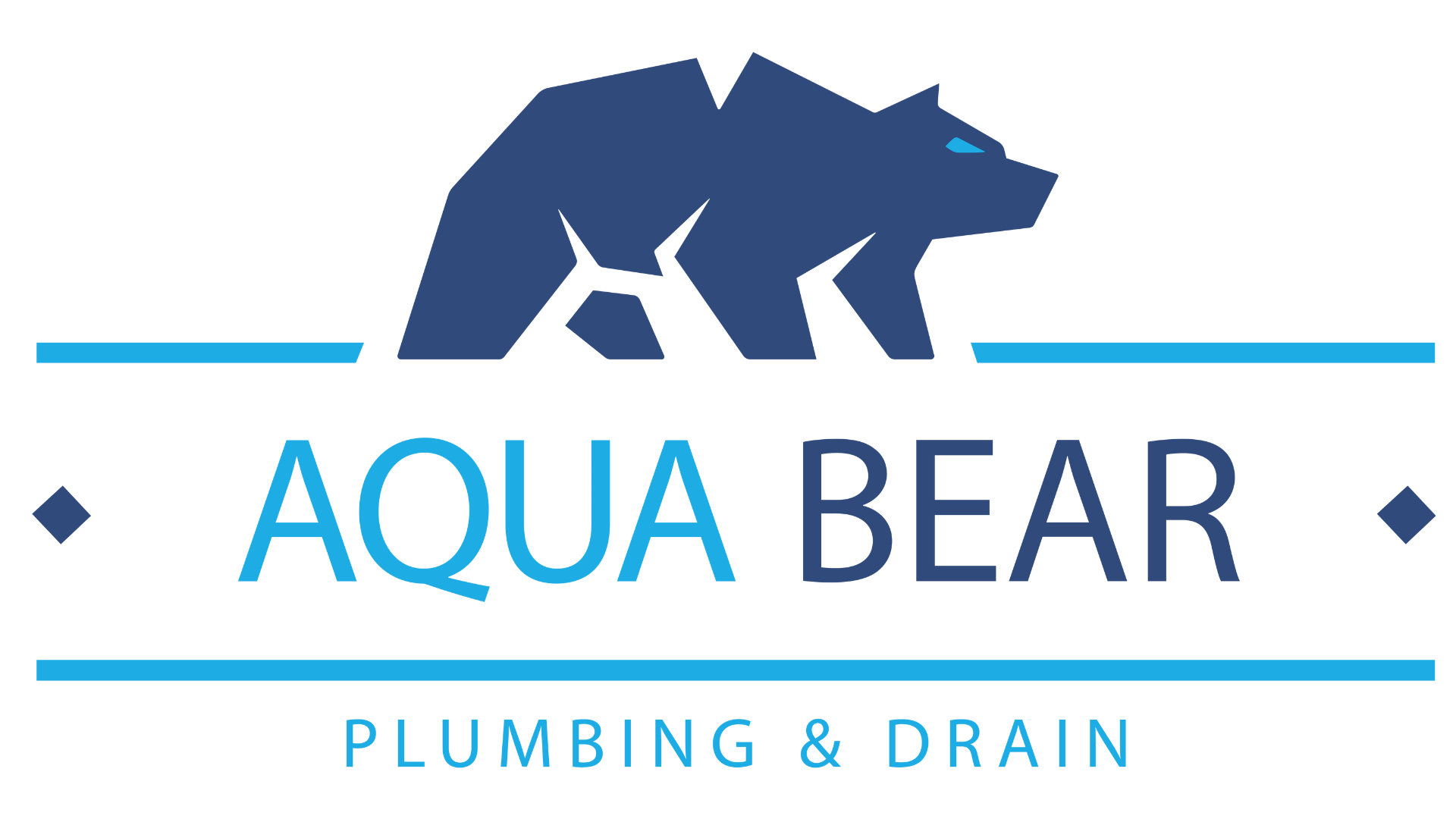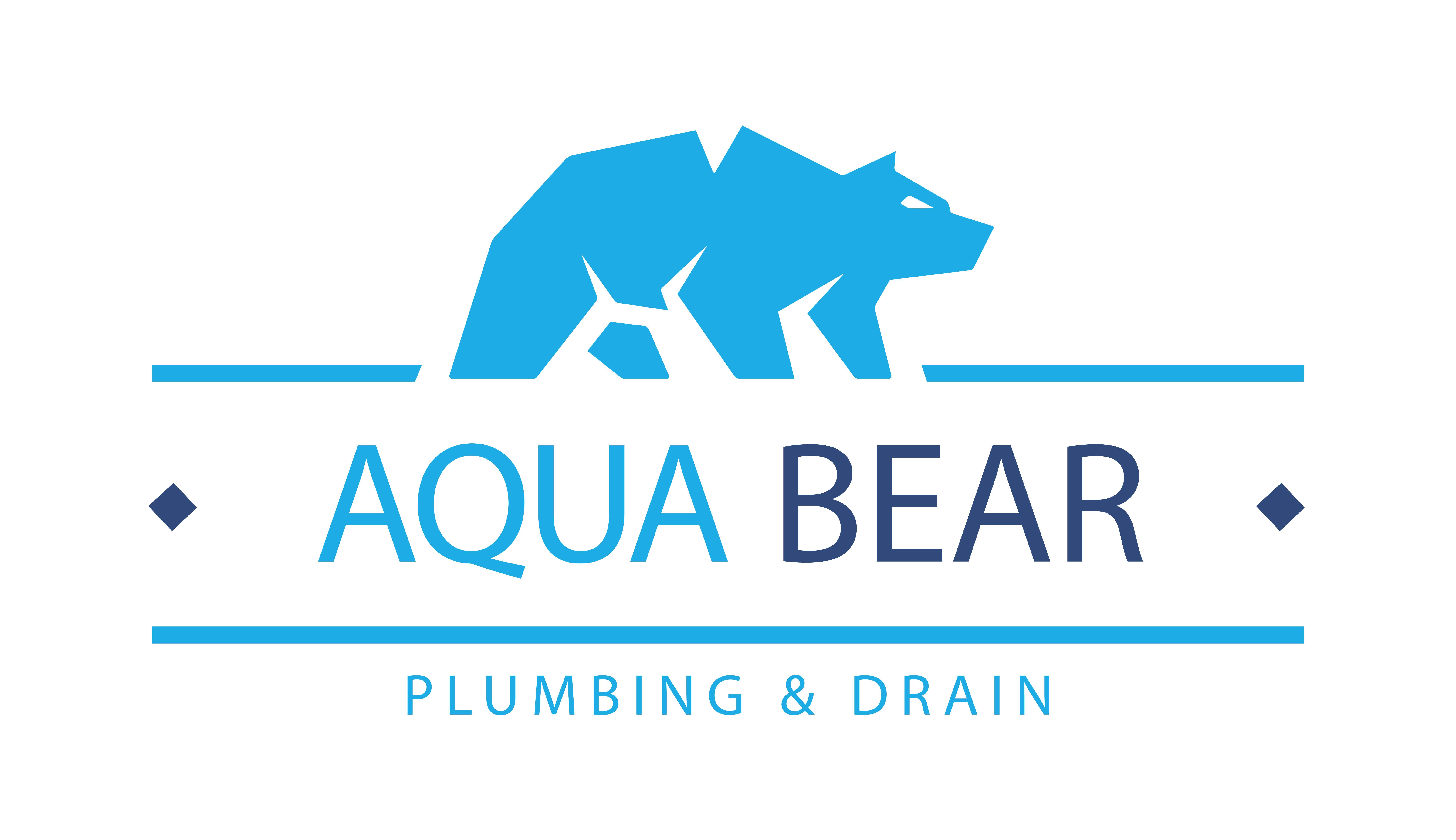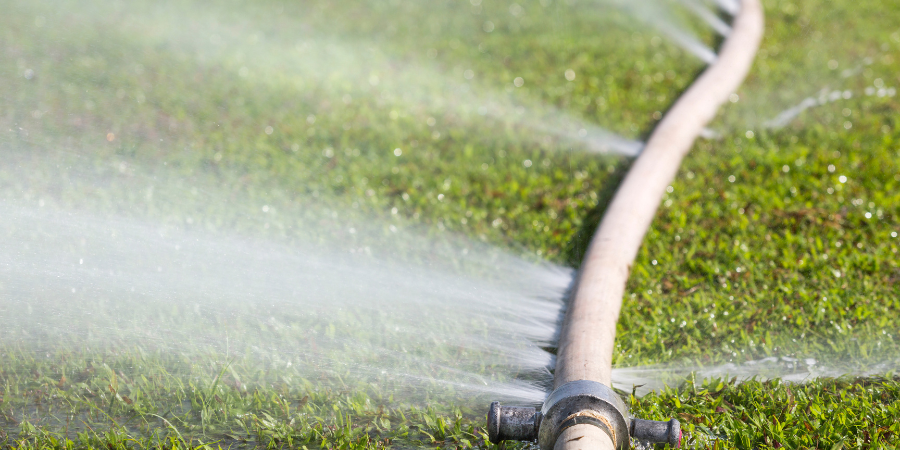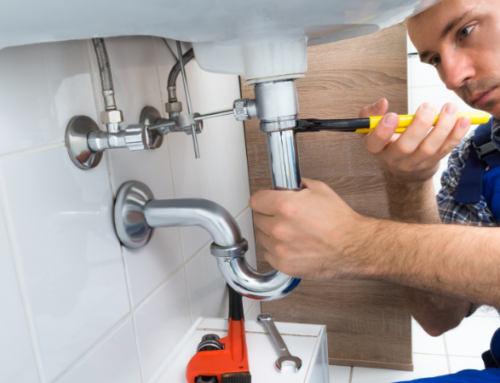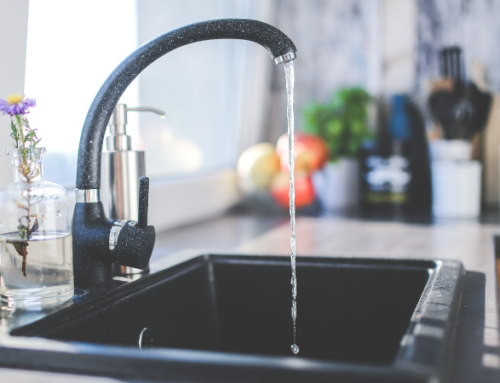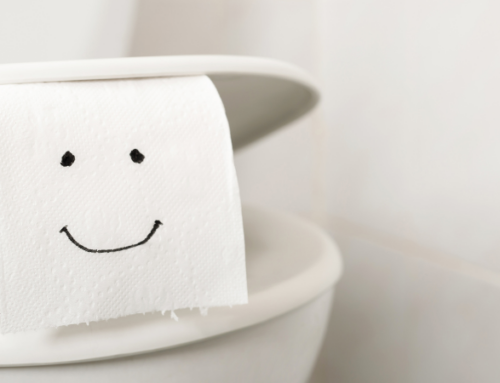Why Should We Conserve Water?
Conserving water is not a difficult practice, and doing so reaps many benefits for our environment and our own personal well-being. Water is required for a healthy life, and since it is limited, we would be wise to do whatever it takes to conserve it.
Energy Savings
To treat and distribute the water we use daily requires considerable energy usage. If we can reduce our water needs, then the energy needed would be reduced as well.
Financial Gains
Reduction in the amount of water we use each day will result in savings on our water bills. Simple steps such as shortened showering time can slash water usage enough to notice a cost reduction.
Environmental Protection
Minimizing the effects of drought and water shortages is a great goal. Our quantity of weather is limited, but our need for fresh water is always increasing, so conservation is key for protection against droughts.
Future generations will applaud our efforts to conserve water since the less we use, the more they will have access to it for their own use.
Water conservation also plays a critical role in wildlife conservation since changes in the water supply can wipe out freshwater animal’s habitats, reducing the overall number of freshwater species.
Lastly, overuse of water can overwhelm water treatment plants and risk being unable to treat water effectively. This can pollute the ocean with harmful bacteria and other contaminants and destroy coastal habitats and wildlife.
How We Waste Water
Everyone is busy, and a busy lifestyle creates waste since ample time and effort are not luxuries we allow ourselves when there is too much to do. Here are the common ways we waste water, a valuable natural resource, without giving it a second thought.
Using The Toilet As A Trash Can
Everyday bathroom activities are adding to water waste. Flushing cotton balls, dental floss, feminine hygiene products, and other items instead of placing them in the trash causes extra flushes, which wastes water.
Flushing items not meant to be flushed can lead to clogged pipes, and clogs can place undue pressure on pipe connections. Over time this added pressure loosens the joints leading to leaks and failed pipes. One item often considered safe is flushable wipes. These wipes are unsafe for plumbing and account for serious blockages inside plumbing pipes.
Long Showers
Taking long showers and baths can waste a substantial amount of water. A full bathtub requires 50 gallons of water, and a shower uses 5 gallons per minute. A five-minute shower uses far less water at 25 gallons than a ten-minute shower using 50 gallons. Taking a shorter shower or only partially filling the tub when bathing will save a lot of water.
Waiting For Hot Water
We all have been guilty of this water-wasting maneuver. We run the water from the faucet for a long time while waiting for it to come out hot. Certainly, hot water is necessary for sanitary reasons, but the cool water wasted is expensive, and wasting it is irresponsible.
Installing a recirculation pump will ensure hot water is immediately available. If this expense is not budget-friendly, a vessel to collect the cool water should be available. This collected water can later be used to water plants, make coffee, or for other uses where hot water is not required.
Skip Low-Flow Fixtures
Today shower heads, faucets, and even toilets are designed with water conservation in mind. In some cases, these low-flow fixtures can reduce water usage by as much as 60% without much of a noticeable difference. Some states now require low-flow fixtures by banning standard models.
Ignoring Seemingly Minor Leaks
A toilet that is constantly running or a faucet that has been dripping for months qualify as small leaks. They appear to be inconvenienced, but, in fact, they are huge wasters of water. A single drop per minute from a faucet can waste 35 gallons per year. Every little bit of savings counts, so be certain all small leaks are repaired promptly.
Installing leak detection devices will help conserve water. When a mishap occurs, a signal will be sent to a device alerting homeowners of a water-wasting leak.
Running Half Loads
It is important only to run a dishwasher or washing machine when full. Although modern appliances adjust water for smaller loads, you will still use more water since you run the appliances more frequently. This is an easy way to conserve water and end excessive wear and tear on plumbing and appliances.
Running Water During A Task
People frequently turn the water on when brushing their teeth or while shaving to get the process started. However, they leave the water on the entire time, which is unnecessary. It is best to turn off the water until the end of the task and conserve water.
Looking To Learn New Ways Of Conserving Water?
Water conservation is a hot topic for good reason. Water is a limited resource that we cannot live without, and with a growing population, the demand for freshwater is increasing while our supply is threatened.
Wasting water jeopardizes the safety of our wildlife and the available supply for generations to come. It impacts our energy expenditures as we process and deliver fresh water to our homes and communities, and it can cause an unnecessary strain on our budgets.
We are the plumber who focuses on eco-friendly practices and desires to educate the community on ways to conserve water to better the environment and improve their lives. If you are interested in learning more about water-saving plumbing and habits then we are the plumber for you!
